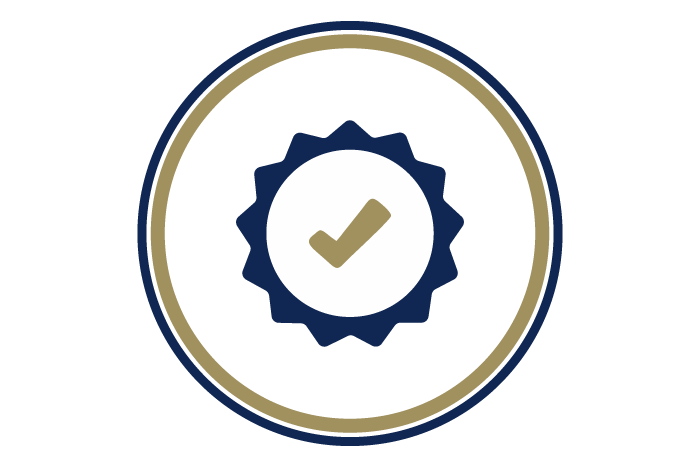Who We Are
We endeavour to understand not only your business but your frustrations, goals and aspirations.
Who We Are

Get a professional advice. We are Trusted and Professional Advisor for your Businessess regardless of how small or big they are
We offer extensive range of accountancy services from basic book keeping to tricky import transactions, from simple self-assessment tax return to complex corporation tax computations, from sole traders to partnerships to companies, LLP & charities. With our wealth of experience we pride ourselves on delivering an unparalleled service to all clients, whatever their size or sector.
We promise to respect your time
We hire only professionals you can trust
We promise to provide up front pricing
Cooper and Young have been certifying our accounts for several years now, and I have always found them to be highly responsive to our needs. And very professional too.


Our Mission
We bring a readily adaptable approach to solving problems, managing multiple tasks and delivering at pace

Our Vision
We reward performance and aim to make our clients account as simple as possible.

Our Values
We bring a readily adaptable approach to solving problems, managing multiple tasks and delivering at pace
Frequently Asked Questions
1How should I start my business?
You will need to appoint directors and a company secretary, work out your shares and shareholders, write your memorandum and articles of association, open a separate bank account and register for corporation tax.
2How to raise some finance for growthoptions?
Crowdfunding is a way of raising money by asking a large amount of people to each invest a small amount of money.
There are different types of crowdfunding: donation, equity and debt. Donation crowdfunding is when people donate money to your venture simply because they believe in what you’re doing – they want nothing in return. Equity crowdfunding is when people invest in your company in exchange for shares or a stake in the business. Debt crowdfunding is when people lend you money with the expectancy of receiving their money back with interest.
3how do I know what expenses to claim?
Allowable expenses are essential costs that keep your business running properly. They're tax deductible, which means you don't pay tax on the money you've spent.
Which self-employed expenses are allowable expenses?
• Office expenses. You can include business stationery, printing costs (including printer ink), and postage. ...
• Business premises. ...
• Travel. ...
• Stock and materials. ...
• Legal and financial costs. ...
• Business insurance. ...
• Marketing. ...
• Clothing.
Which self-employed expenses are allowable expenses?
• Office expenses. You can include business stationery, printing costs (including printer ink), and postage. ...
• Business premises. ...
• Travel. ...
• Stock and materials. ...
• Legal and financial costs. ...
• Business insurance. ...
• Marketing. ...
• Clothing.
1what is the best way to sell my business?
Compile the following documents in preparation for your business sale:
• Profit & loss statements for the current and past 2-3 years.
• Current balance sheet.
• Cash flow statement.
• Business tax returns for the past 2-3 years.
• Copy of the current lease.
• Insurance policies.
• Non-disclosure/confidentiality agreement.
• Profit & loss statements for the current and past 2-3 years.
• Current balance sheet.
• Cash flow statement.
• Business tax returns for the past 2-3 years.
• Copy of the current lease.
• Insurance policies.
• Non-disclosure/confidentiality agreement.
2What exactly is the self assessment?
Self Assessment is a system HM Revenue and Customs (HMRC) uses to collect Income Tax.
Tax is usually deducted automatically from wages, pensions and savings. People and businesses with other income must report it in a tax return.
Tax is usually deducted automatically from wages, pensions and savings. People and businesses with other income must report it in a tax return.
3What exactly is the self assessment payment?
'Payments on account' are advance payments towards your tax bill (including Class 4 National Insurance if you're self-employed). ... you've already paid more than 80% of all the tax you owe, for example through your tax code or because your bank has already deducted interest on your savings.
